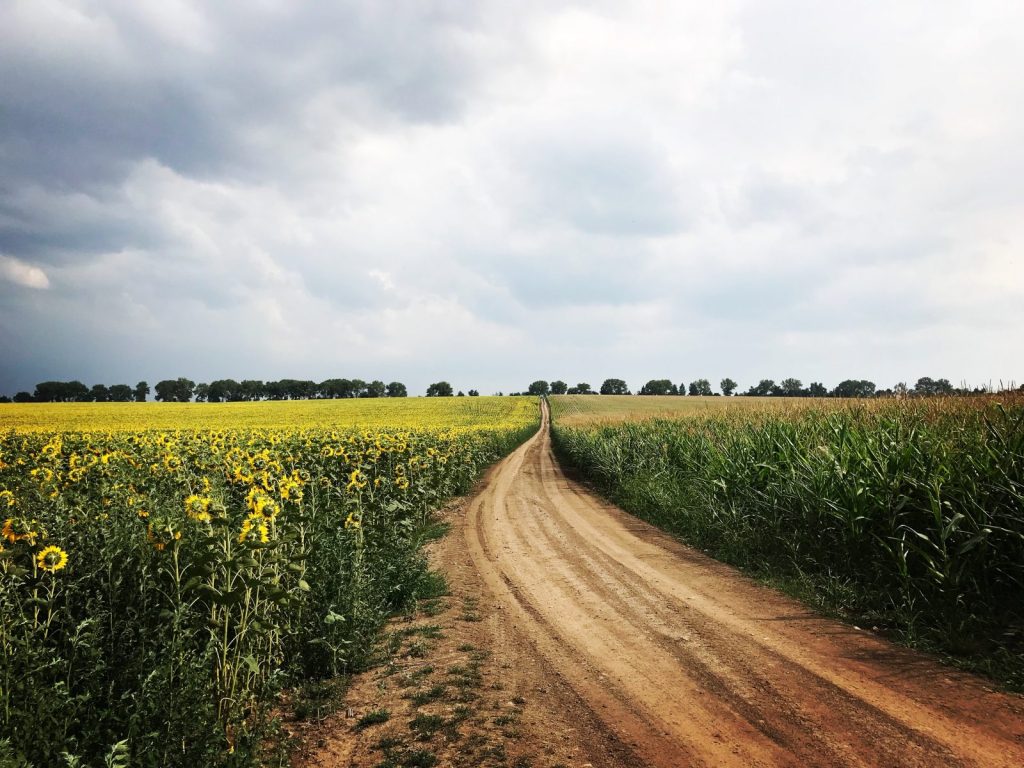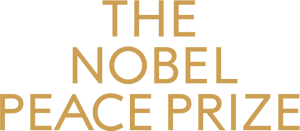Most of Argentina’s major agriculture areas—including those of our neighbors in Paraguay and southern Brazil—are suffering from drought. Its intensity ranges from moderate to severe, depending on the region, but it affects just about everybody who farms.
 If you’ve farmed for as long as I have, you know that droughts are not rare events but rather ordinary occurrences of some degree, and globally, one of the most common and frequent restrictions to proper crop development. Somewhere in the world, farmers can’t grow their crops as well as they’d like because they lack enough water. Today it’s me, and next year it could be tomato growers in California or maize farmers in South Africa or anyone else around the globe.
If you’ve farmed for as long as I have, you know that droughts are not rare events but rather ordinary occurrences of some degree, and globally, one of the most common and frequent restrictions to proper crop development. Somewhere in the world, farmers can’t grow their crops as well as they’d like because they lack enough water. Today it’s me, and next year it could be tomato growers in California or maize farmers in South Africa or anyone else around the globe.
A partial solution is on the way: Argentina has just become the first country to approve a new and more resilient kind of wheat. This variety promises to improve food security around the world and reduce the threat of drought to farmers and consumers.
It starts with the sunflower. Scientists figured out how to take a protein from this popular and pretty plant and move it into wheat and soybeans. The protein—known as HB4 and transferred through the familiar and science-based traditional biotechnology mechanism—helps these crops make better use of water.When there’s less of it, as happens during a drought, the crops still have the potential to flourish when water becomes available again.
This new technology is a boon to food production, with economic, 環境的, and social benefits.
During dry spells, this drought-tolerant wheat boosts yields by an average of 20 百分. Nothing tells a story like a picture: To see a photo of the difference HB4 wheat can make, go 這裡.
該 研究 behind this innovation started 17 幾年å‰. Field trials have gone on for more than a decade. 最後, earlier this month, Argentina approved the crop. Other countries probably will follow soon—and at long last, drought-tolerant wheat will enter the global food chain.
åœ¨é˜¿æ ¹å»·, commercialization will begin as soon as HB4 wheat receives approval from Brazil, which is our most important export market. 在幾年之內, HB4 wheat should become as familiar as biotech-improved corn, 大豆, and other crops which have pushed yields to record-setting levels and an ever higher level of environmental stewardship throughout the Americas and everywhere they’ve been adopted.

 Much of the improvement will mean the achievement of a higher level of efficiency and economic performance. Farmers will enjoy profitable years when otherwise they would have faced losses. HB4 in fact will allow double cropping, which means that it will become less risky for some fields to grow two crops per season—a rotation of wheat and soybeans—rather than just one.
Much of the improvement will mean the achievement of a higher level of efficiency and economic performance. Farmers will enjoy profitable years when otherwise they would have faced losses. HB4 in fact will allow double cropping, which means that it will become less risky for some fields to grow two crops per season—a rotation of wheat and soybeans—rather than just one.
å°æ–¼æ¶ˆè²»è€…, this improved resilience and production means that food prices could remain more stable and affordable.
The environmental advantages are substantial. By growing more food on less land and with less water, we’ll liberate soils for other uses—including conservation.
Over the last generation, we’ve seen big changes in agriculture, as farmers have harnessed the power of technology to address the traditional threats of weeds, 害蟲, 與疾病. 在æŸäº›æ–¹é¢, HB4 is just the latest in a long line of success stories.
Get ready for even more: The pace of change is about to accelerate.
Earlier this month, a pair of scientists received the Nobel Prize in Chemistry for their development of CRISPR, an advanced, science-based technology tool. The work of Dr. Emmanuelle Charpentier of Germany and Dr. Jennifer Doudna of the United States, said the chair of the prize committee, “…has not only revolutionized basic science, but also resulted in innovative crops…”

Another award reminds of the urgency of this work: 該 Nobel Peace Prize this year went to the World Food Program of the United Nations, which last year fed nearly 100 million people in 88 國家. Without the WFP and aid efforts like it, said the prize committee, “the world is in danger of experiencing a hunger crisis of inconceivable proportions.”
Much of the present danger to food security comes from war and COVID-19, but behind it all lies the persistent problem of food production capacity—and the need to defeat the menace of drought so that we can feed billions of people.
These innovative technologies represent a promising response of science to the human reality. They are needed by a global farming system, asked to improve production capacity and the quality of food, 飼料, fuel and fiber for a growing population while simultaneously achieving higher levels of efficiency, environmental stewardship, and sustainability.
We’ll always face challenges like droughts, but because of innovations such as HB4, they are going to matter less than ever before.
HB4 is a registered trademark of Bioceres Crop Solutions Corp.
點擊這裡 å‘å…¨çƒè¾²æ°‘網絡æ款.

